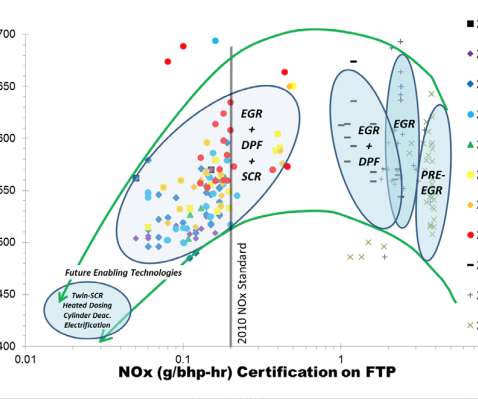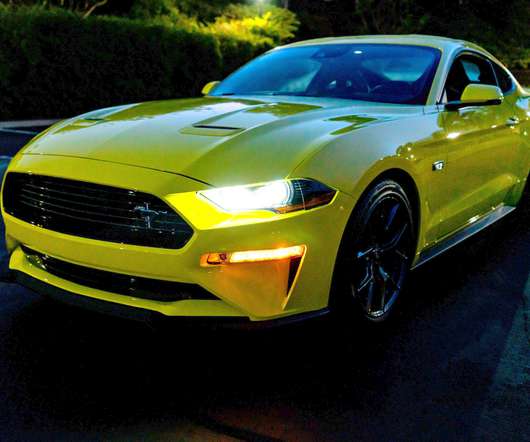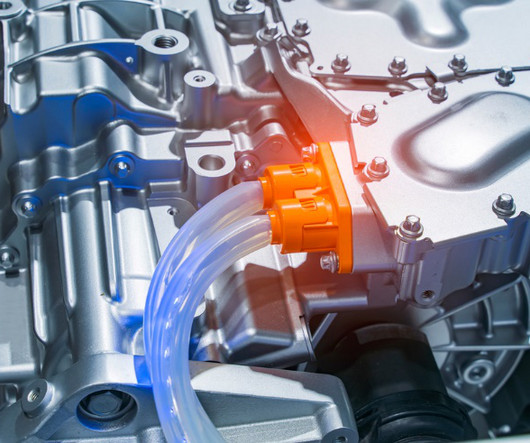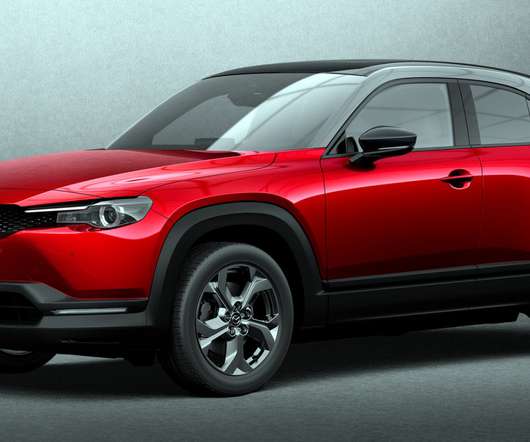MECA report finds additional NOx emission reductions from new heavy-duty trucks achievable and cost-effective
Green Car Congress
FEBRUARY 5, 2020
CO 2 and NO x certification test data for heavy-duty diesel engines certified from 2002 through 2019. Manufacturers continue to optimize diesel emission controls, such as DOC, DPF and SCR, in order to promote uniform catalyst coating, improve NO x conversion efficiency, reduce back pressure on the engine, and reduce thermal mass.






































Let's personalize your content